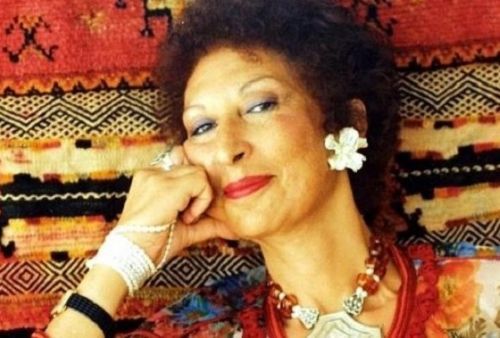Fatima Mernissi (1940–2015) was a Moroccan writer and sociologist, and one of the most prominent thinkers who addressed issues of women, religion, and politics with boldness and intellectual depth. Mernissi is a pioneer in offering a critical reading of religious and historical texts, shattering many traditional perceptions of women's roles in Islamic societies.
Fatima Mernissi was born in Fez and grew up in a contradictory environment: she belonged to a traditional family, but enjoyed education and intellectual openness. She lived during a period of major political and cultural transformations in Morocco, which influenced her awareness and encouraged her to consider social issues from a critical perspective.
Fatima Mernissi studied sociology at Mohammed V University in Rabat and then continued her education at the Sorbonne in France and Brandeis University in the United States. She combined modern academic disciplines with Islamic heritage, enabling her to analyze religious texts from a social and humanistic perspective. Fatima Mernissi is considered one of the first thinkers in our region to call for a reconsideration of the gender roles imposed by society and religion.
She focused on historical criticism, working to deconstruct the stereotypes perpetuated by history books about Muslim women, highlighting Muslim women who played pioneering roles in politics and society.
She also focused on reading religious texts and called for a reinterpretation of religious texts away from the dominance of male interpretations, believing that Islam, at its core, supports equality and justice.
She also called for social change, emphasizing that women's liberation is inseparable from political and social change. Her feminist struggle was linked to the ideas of democracy and human rights.
Among her most important works are:
1. "The Political Harem" (1987), which discusses women's relationship with power in Islam, presenting examples from Islamic history, such as the role of Lady Aisha in politics.
2. "Scheherazade Is Not a Moroccan" (1993), which highlights how Eastern myths are used to shape the image of Eastern women in the West.
3. Her groundbreaking book, "Beyond the Veil," addressed the veil as a social and political symbol rather than simply a religious garment.
4. Her book, "Are You Immune to the Harem?" explores the impact of globalization and technology on gender issues in the Arab world.
Fatima Mernissi's writings have influenced the global and Arab feminist movement and are considered an essential reference for anyone seeking to understand women's issues in Islam from a critical perspective.
Mernissi fought to open a constructive dialogue between East and West, affirming that justice and equality are universal human values.
Thanks to her intellectual courage and profound analytical style, Mernissi became a symbol of intellectual and social reform. Her message continues to inspire new generations of women and men in their struggle to achieve justice and equality in Arab societies.



